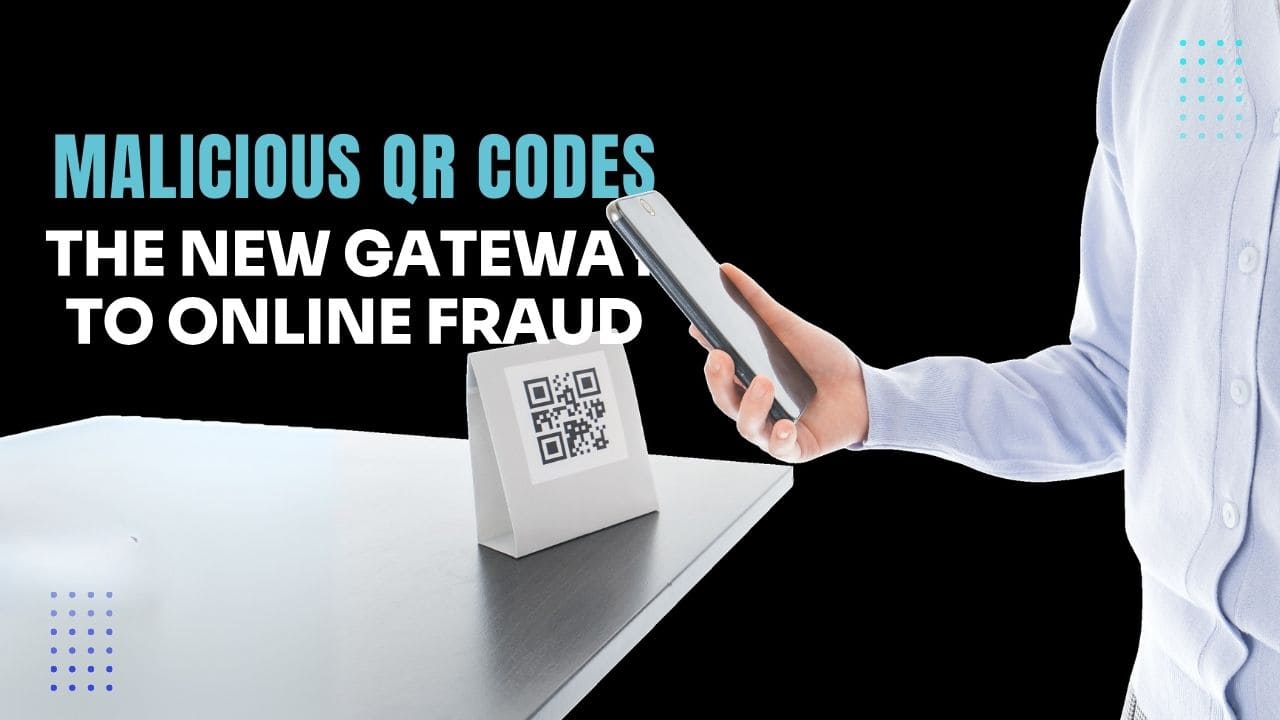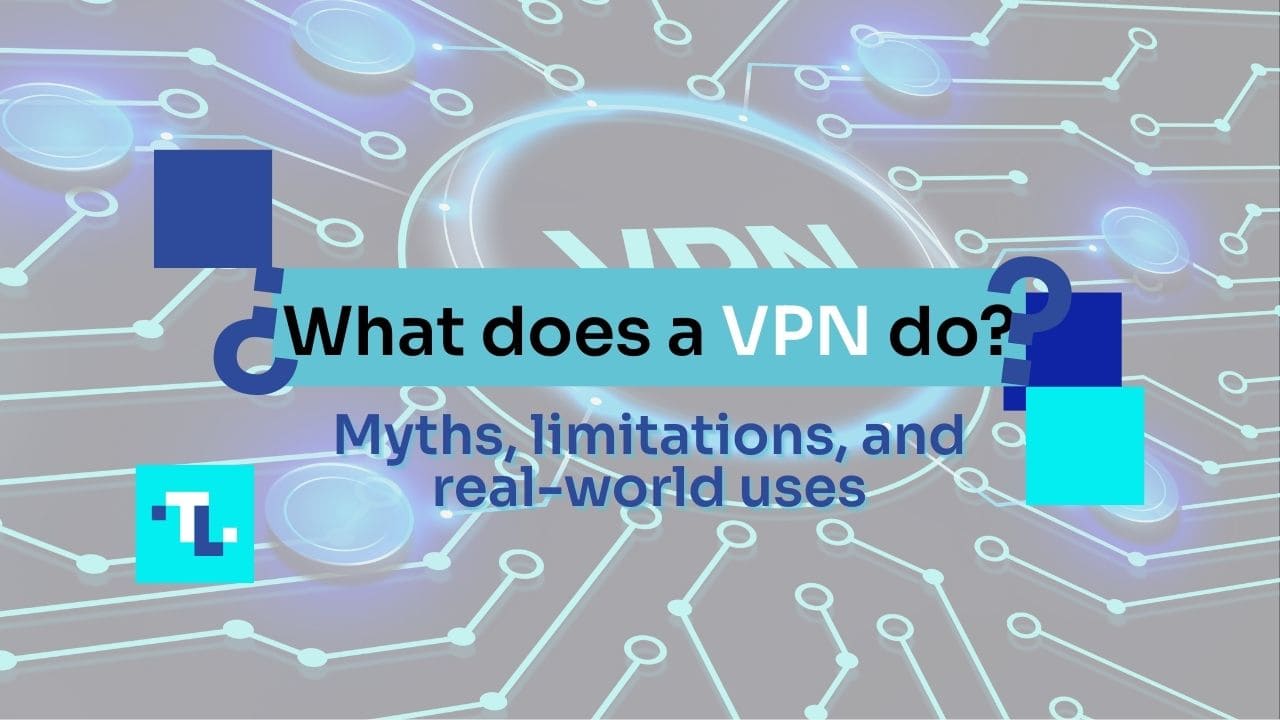In the digital era, the proliferation of Internet use has brought with it countless benefits and facilities for everyday life. However, it has also opened the door to the threat of online fraud. This type of deception, ranging from identity theft to financial scams and phishing, is already a fact of life in our society. From TRUST Lab we propose several measures that you can apply in your daily life so you can move in a safer and more reliable digital environment.
The first thing to keep in mind is that it is essential to always make online purchases on secure websites. To do this, make sure that there is a padlock in the address bar, there you can verify that the website is secure. Also verify that the website begins with “https://” instead of “http://”. In addition, it is essential to protect our data with strong passwords. Use unique and strong passwords for each account and avoid easy-to-guess passwords.
Keeping your operating systems, browsers and security software up to date is another crucial step to protect yourself from known vulnerabilities. Before making an online purchase, research the seller to make sure they are legitimate. Read reviews from other buyers and verify contact information. Use secure payment methods, such as credit cards or online payment services that offer consumer protection in case of fraud.
Be wary of suspicious offers. If an offer seems too good to be true, it may be a scam. Beware of unsolicited e-mails, offers of products at rock-bottom prices and unprofessional-looking Web sites. Regularly review your bank and credit card statements for suspicious activity. Report any unauthorized transactions immediately.
When making wire payments, it is important to take security measures to protect your funds and personal information. Verify the identity of the recipient and confirm bank account details and contact information to avoid errors or fraud. Make transfers through secure and reliable channels, such as your bank’s online banking or recognized payment services. Avoid making transfers through unsolicited links or e-mails.

Never share sensitive information, such as passwords or security codes, via email, text messages or unsolicited calls. Fraudsters may try to obtain this information to commit fraud. Before confirming a wire transfer, carefully verify details such as the amount, the recipient’s account and the transaction reference. Once the transfer has been made, it is difficult to reverse it, so it is important to make sure everything is correct. Make sure you have up-to-date security software on your devices to protect yourself against potential cyber threats, such as malware or phishing, which could compromise your banking data.
If you suspect you have been a victim of online fraud, it is important to act quickly to minimize damage and protect your personal and financial data. Stop any interaction with the suspected fraudster, do not provide any further personal or financial information and do not make any further payments. Contact your bank, payment service provider or online platform where the fraud occurred to inform them of the situation. They can help you take steps to protect your account and recover funds if possible. Immediately change your online account passwords, especially those related to financial information.
Keep all relevant information about the suspected fraud, including emails, messages, screenshots and details of fraudulent transactions. This information may be useful for further investigation. If the fraud involves criminal activity, such as identity theft or financial scams, consider reporting the incident to local authorities, such as the police or consumer protection agencies. Continue to monitor your bank and credit card accounts for suspicious activity. Notify your bank immediately if you detect unauthorized transactions.
Reflect on what happened and learn from the experience to avoid falling for future online fraud. Stay informed about the latest scam techniques and share your experiences to help others protect themselves. By following these safety measures and maintaining a vigilant attitude when shopping online, you can reduce your risk of becoming a victim of online fraud. Remember that education and awareness are key to protecting your personal and financial information in the digital world.







